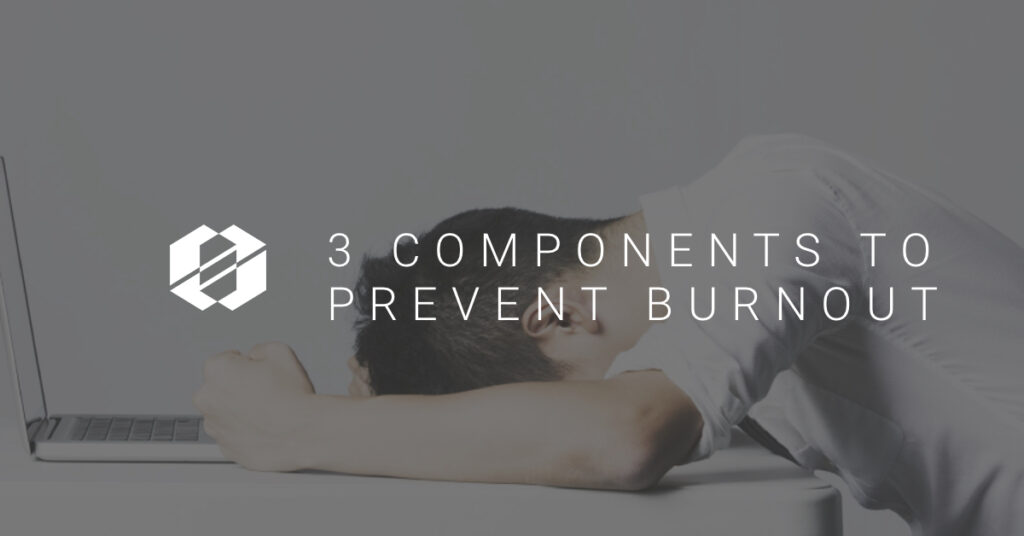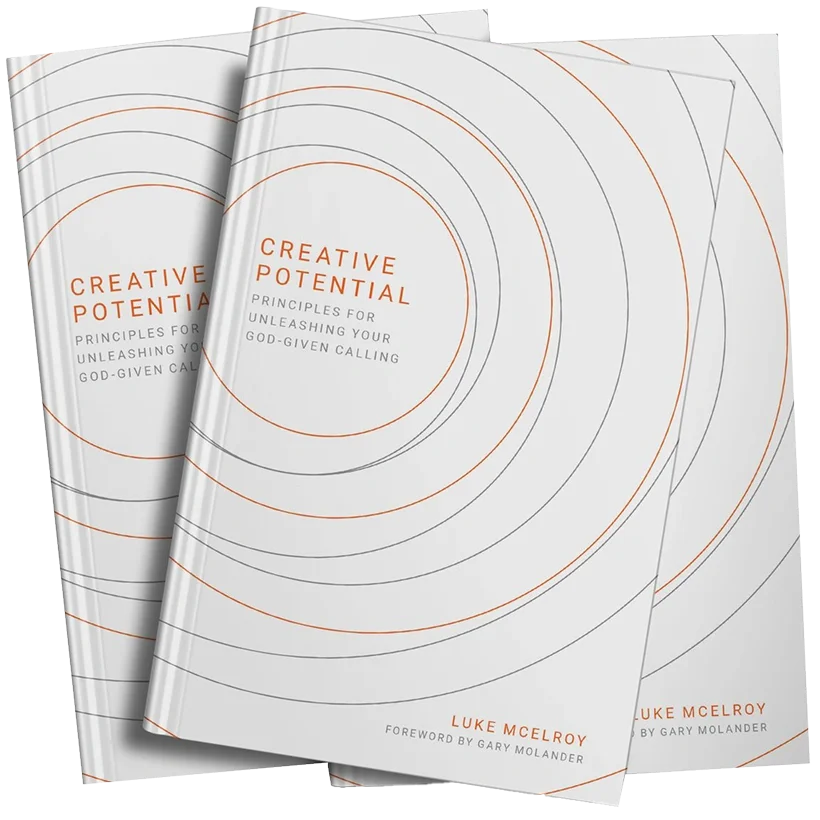In many areas of you life, whether you work full time in a church, part time, or volunteer your time and have a separate career, you may find yourself feeling exhausted and burned out from the demands and pressures of your job. SALT University offers this FREE class from Dr. Andrew Johnston, Balance & Burnout: Surviving Leadership, Sustaining People, to help you prevent burnout and help your team do the same.
In this class, Dr. Johnston discusses the three components needed to prevent burnout and have “a well burning fire without people flaming out”.
Component One: Fuel.
Dr. Johnston claims that people don’t burn out from too much to do, but from too little reason to do it. He emphasizes the importance of not being distracted from purpose by things like fear or criticism, and to pump up the “why” of the given task. It’s the difference of being a leader and not just a boss.
This reminded me particularly of thoughts I had when I felt I was hitting a wall in my relationship with Jesus and was questioning my place in my church. Pastor Steven J. Cole had this to say in an article about Preventing Spiritual Burnout published to bible.org:
“To prevent spiritual burnout, see the importance of God’s work and depend on the continual supply of His Spirit.”
This was the “why” of my dilemma. We have a duty to do God’s work and spread His message. God has called on you serve a critical role in this and to inspire others to do the same.
[bctt tweet=”People don’t burn out from too much to do, but from too little reason to do it.” Dr. Andrew J. Johnston]
Component Two: Oxygen.
To prevent burnout we must breathe. This means allowing space to be creative and make choices. Dr. Johnston has a saying that people need volition for ignition. When people are micromanaged or constrained, they lose their sense of control and cannot breathe, and as a result, their overall performance and desire to be successful decline.
Phase Three: Heat.
“People burn more brightly when the heat is on.”
Heat in this context means energy or expectations. Dr. Johnston goes into detail about author and theorist, Mihaly Csikszentmihalyi’s study on mapping everyday experience. He claims that the degree of the challenge and the level of competency are directly related, and shapes your experience. To prevent burnout, the bar needs to be set high enough to match your level of skill, or consequently you will not be motivated to achieve a goal. Alternatively, you or a member of your team may feel that you are being too challenged, or rather don’t possess the appropriate skills to complete a task. In this case, Dr. Johnston has key advice to offer, saying “don’t tell them why it’s not as bad as they think, tell them why it’s worth everything they’ve got.”
Click here to watch this class in it’s entirety. For more classes like this, sign up today for the FREE introductory course of SALT University here.





